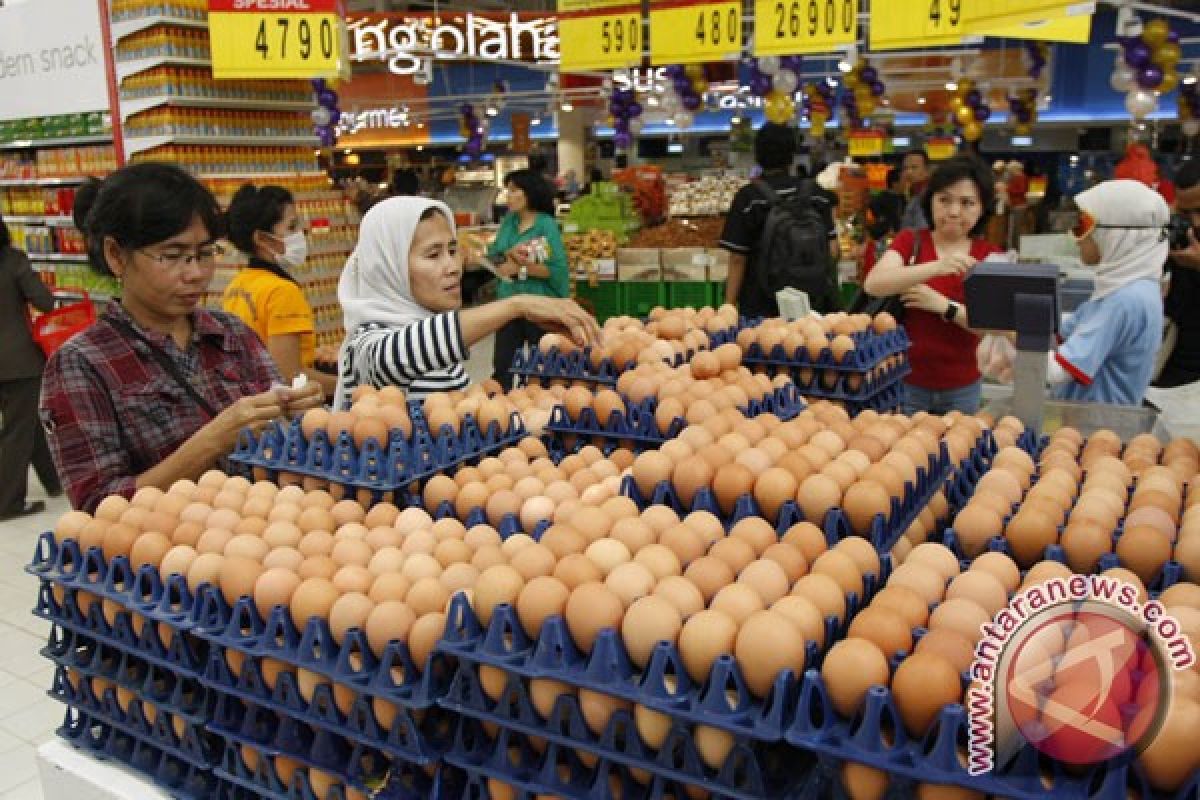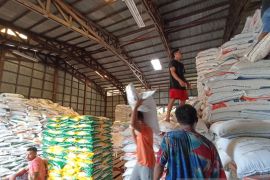"In the fasting month, public consumption increases from the previous months."Jakarta (ANTARA News) - A legislator has urged the government to take active steps in controlling basic commodity price hikes by launching market operations in the face of the fasting month.
"Just like the previous years, the fasting month of Ramadan is always disturbed by inconvenient price hikes," Kemal Azis Stamboel, a member of the House of Representatives (DPR)`s Commission XI for planning and financial affairs, said here on Thursday.
He said that in the run-up to the fasting month, basic necessity prices continued o increase which also boosted high inflation.
The government must take a serious and proactive step to overcome price hikes that always take place ever year.
Data at the Ministry of Trade and Industry on July 17, indicated that the national average price of beef was Rp77,390 per kg, of chicken Rp28,328 per kg, of egg Rp19,179 per kg, of sugar Rp13,123 per kg and of red chili Rp27,884 per kg. The average increase in the prices of these goods when compared to those from last June is between Rp3,000 and Rp5,000 per kg.
If compared with the those early this month the average increase is Rp1000 - Rp2,000 per kg.
"In the fasting month, public consumption increases from the previous months, and consumers will buy basic commodities no matter how high their prices are. In the meantime, stocks run short in the market," he said.
Agriculture Minister Suswono said the main problem facing the markets was logistics and distribution. The rise in prices was due to the scarcity of food items in circulation. The scarcity would not have taken place if distribution was running well and smoothly.
Suswono said that during the run-up to the fasting month, prices increased but they would begin to drop after the first week of Ramadan, and would increase yet again during the post-fasting Idul Fitri Lebaran festivities.
Therefore, the minister called on the people to not panic during this upward trend. "Public panic could adversely be taken advantage of by traders to overly raise prices," said the agriculture minister.
According to Indef economist Enny Sri Hartarti, demand during the season increases in the run up to the fasting month and during the post-fasting festivities, locally called "Lebaran," is actually realistic one, since consumers would continue to shell out money for basic necessities.
After all, this increase was due to certain private businesses which manipulate prices in order to create a condition where the markets are non- competitive.
"There are certain parties who control and decide prices in accordance to their desires. That causes the markets to be non-competitive," said Enny.
(Uu.A014/F001)
Editor: Priyambodo RH
Copyright © ANTARA 2012












